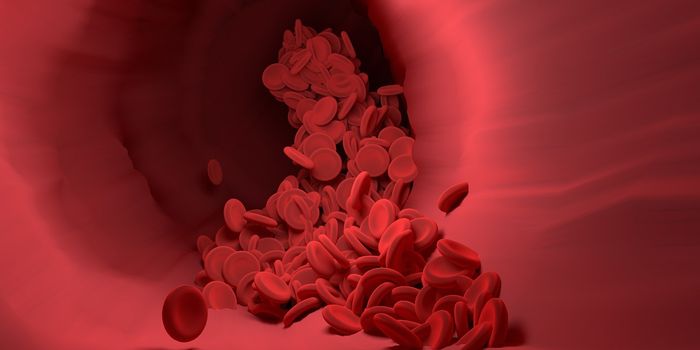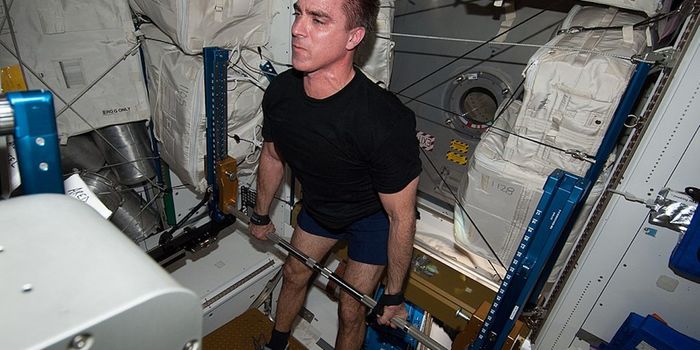New Type of Artificial Heart Tested in Several Patients Shows Promise
In July, a new type of artificial heart was been implanted for the first time in an American patient at Duke University Medical Center. Now, the device called the Aeson artificial heart has also been implanted in male and female patients by a cardiothoracic surgical team at University of Louisville (UofL) Health – Jewish Hospital. This experimental device is intended to help patients who are waiting for a heart transplant, and need something to help them survive that wait. With three patients now enrolled in this preliminary US study and 20 implantations in European patients, the surgeons suggested that they now know the device is helping people, and it has the potential to help many more.
This device could be especially helpful for women. “Size limitations can make it harder to implant artificial hearts in women, but the Aeson artificial heart is compact enough to fit inside the smaller chest cavities more frequently found in women, which gives hope to a wider variety of men and women waiting for a heart transplant and increases the chances for success,” said UofL Health surgical director of heart transplant Mark Slaughter, M.D.
In biventricular heart disease, neither the left nor the right side of the heart pumps enough blood. There aren't many treatments for this condition. The Aeson device could help, however, by working to pump blood in both chambers of the heart. Right now, left-ventricular assist devices (LVAD) only pump blood in one chamber.
The Aeson can also estimate blood pressure and adjust its output accordingly. Other heart replacement devices have a constant rate or flow, noted cardiothoracic surgeon Siddharth Pahwa, M.D., an assistant professor in the UofL Department of Cardiovascular and Thoracic Surgery. “The varying pumping ability of the Aeson device increases its viability among more patients,” added Pahwa.
In an eight-hour surgery led by Slaughter and Pahwa, surgeons implanted the device in a 57-year-old woman with severe biventricular heart failure. It will be powered by a portable external supply.
This study was sponsored by a French medical device company called CARMAT, in collaboration with UofL's facilities and team. The video features a press conference with some members of the surgical team.
Source: University of Louisville









